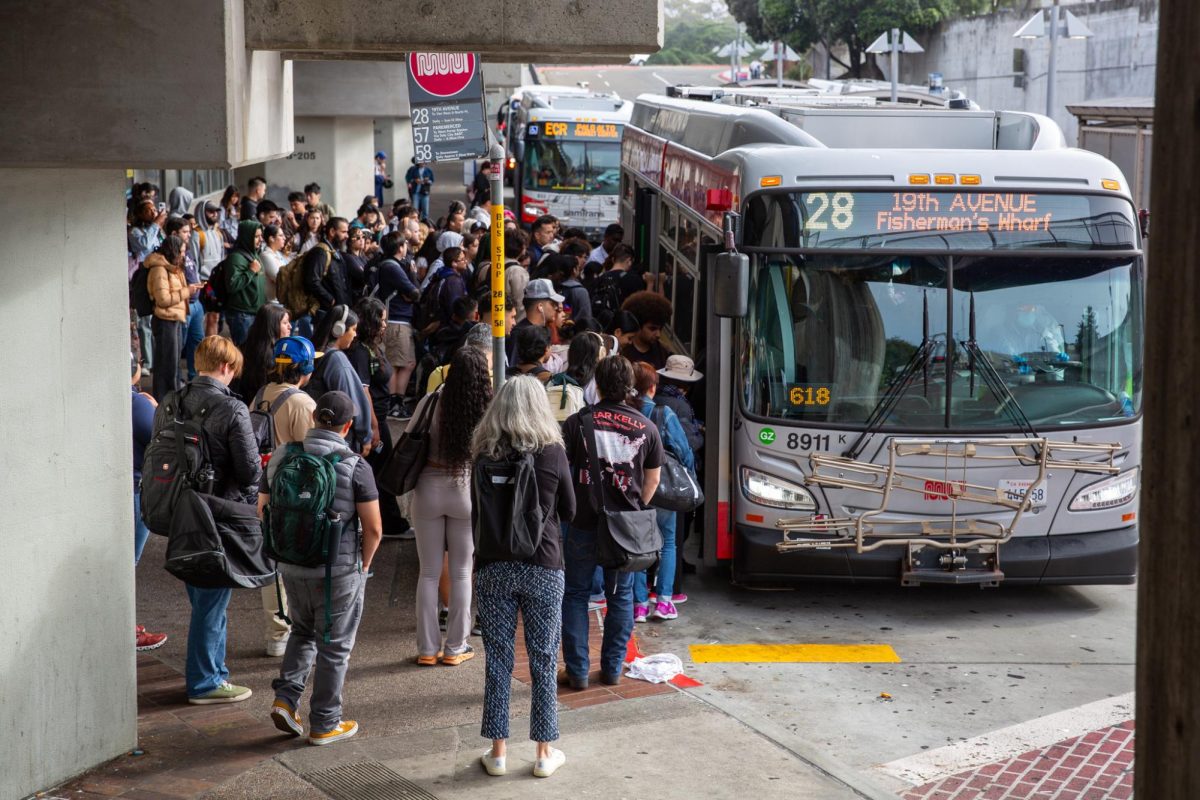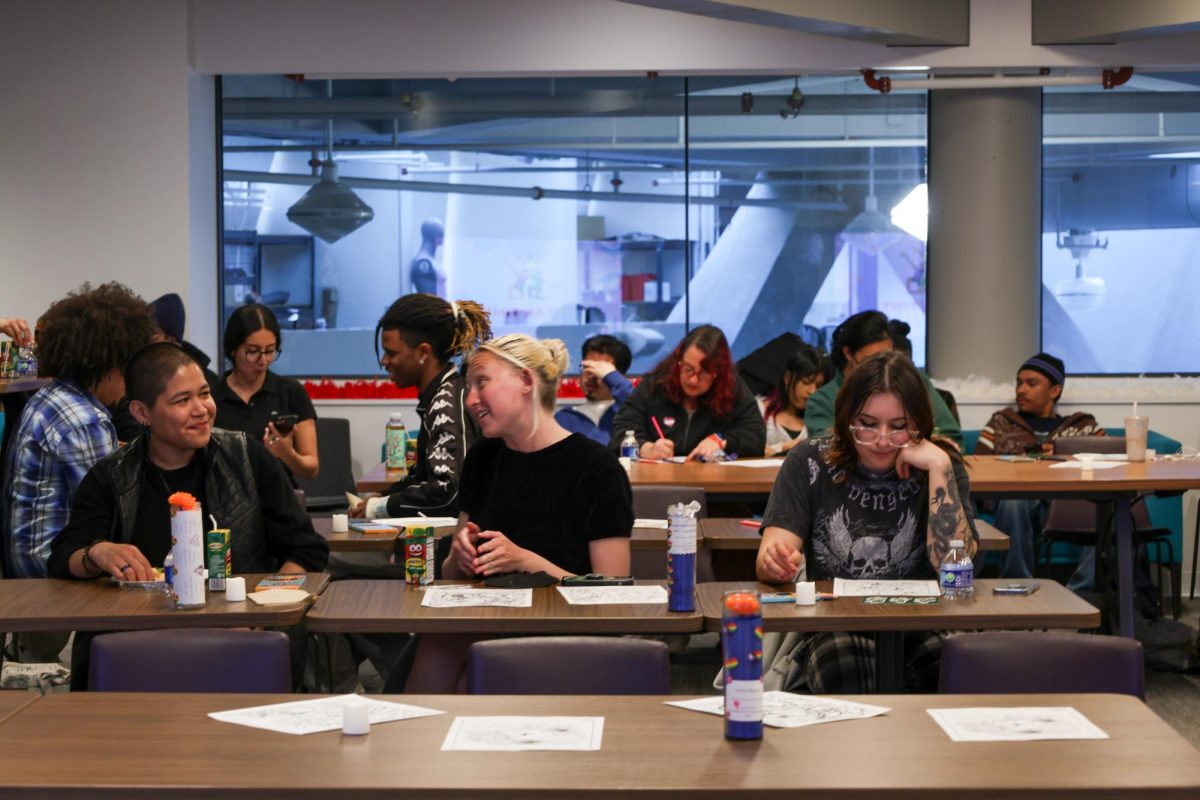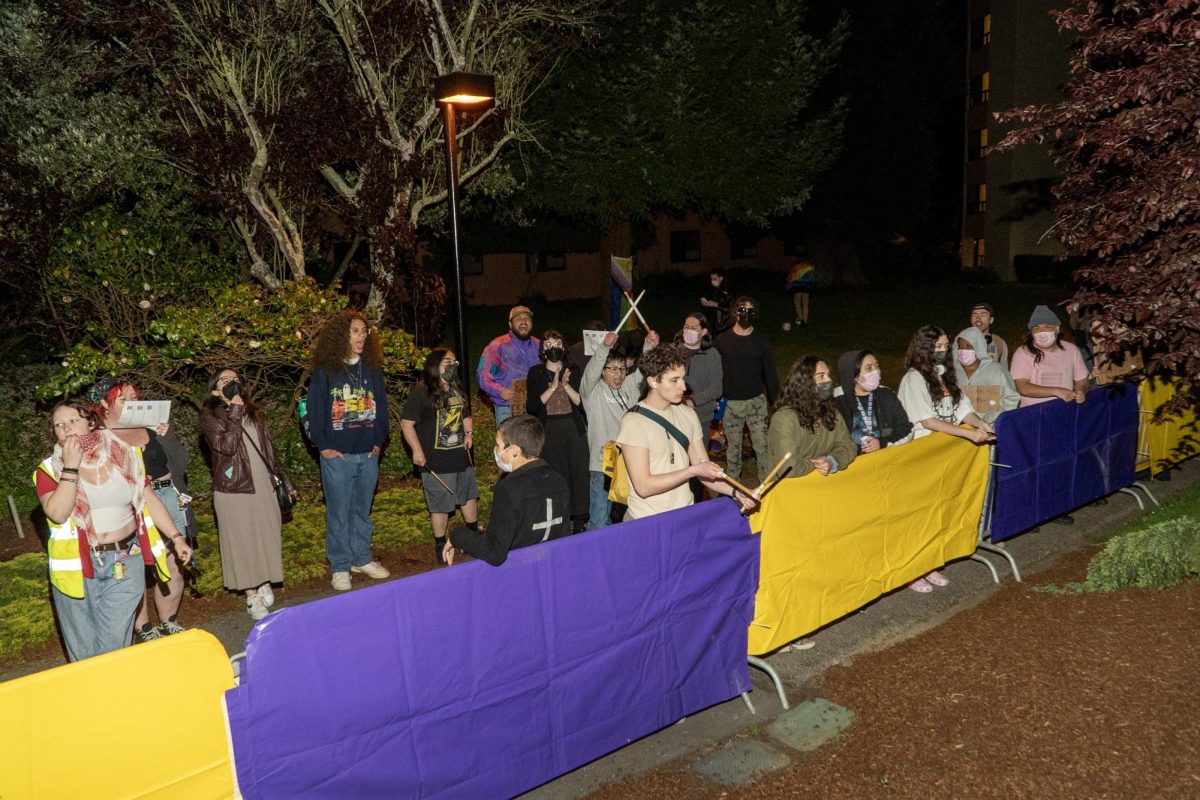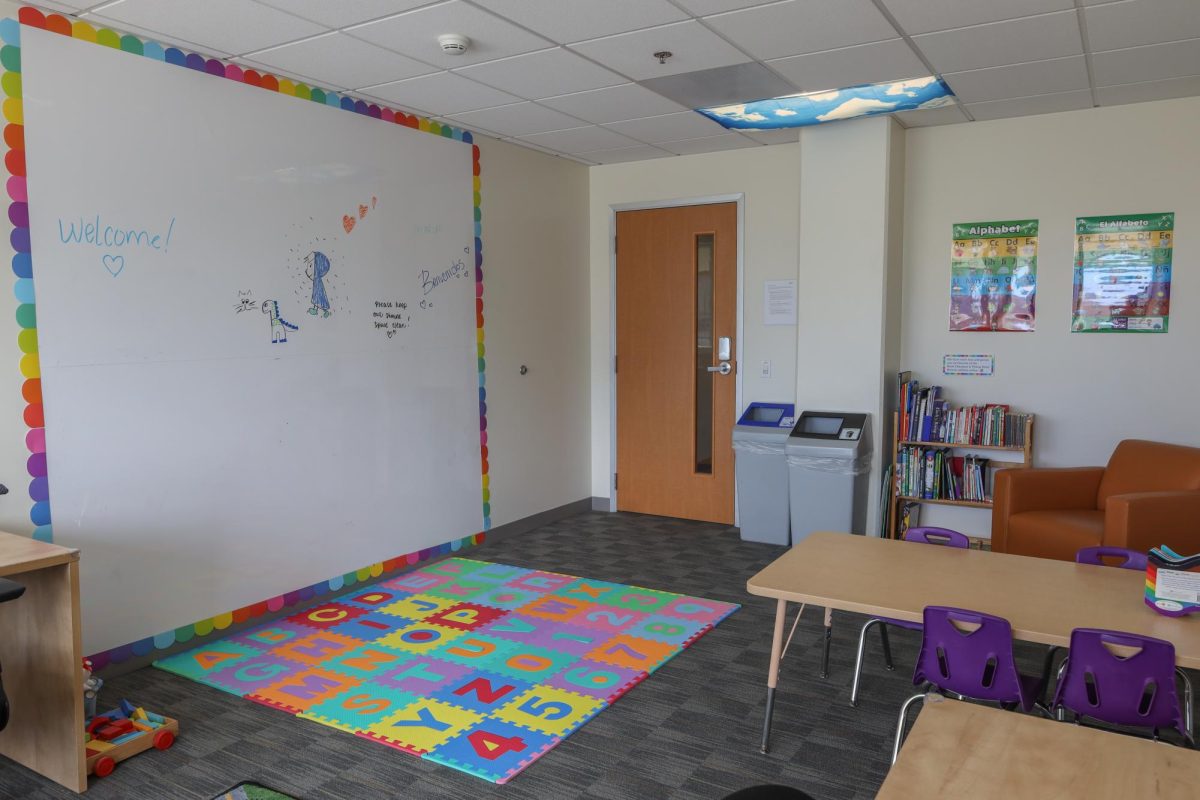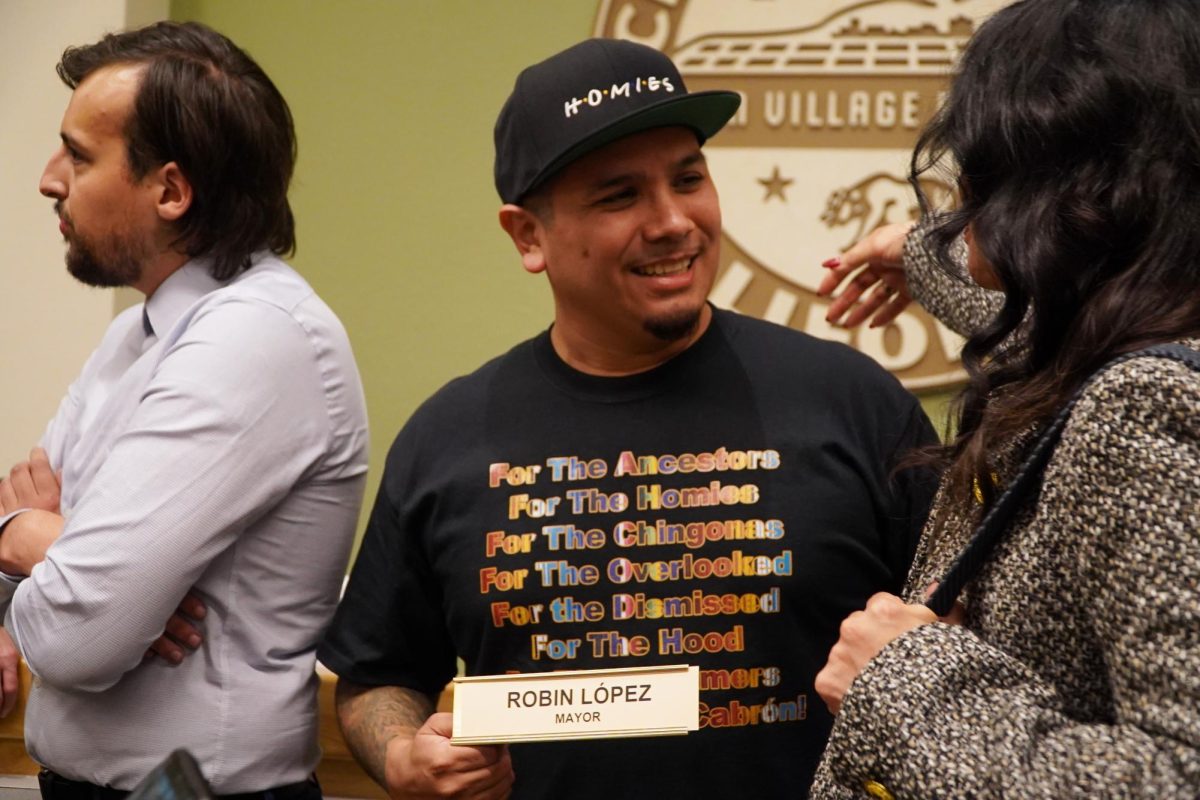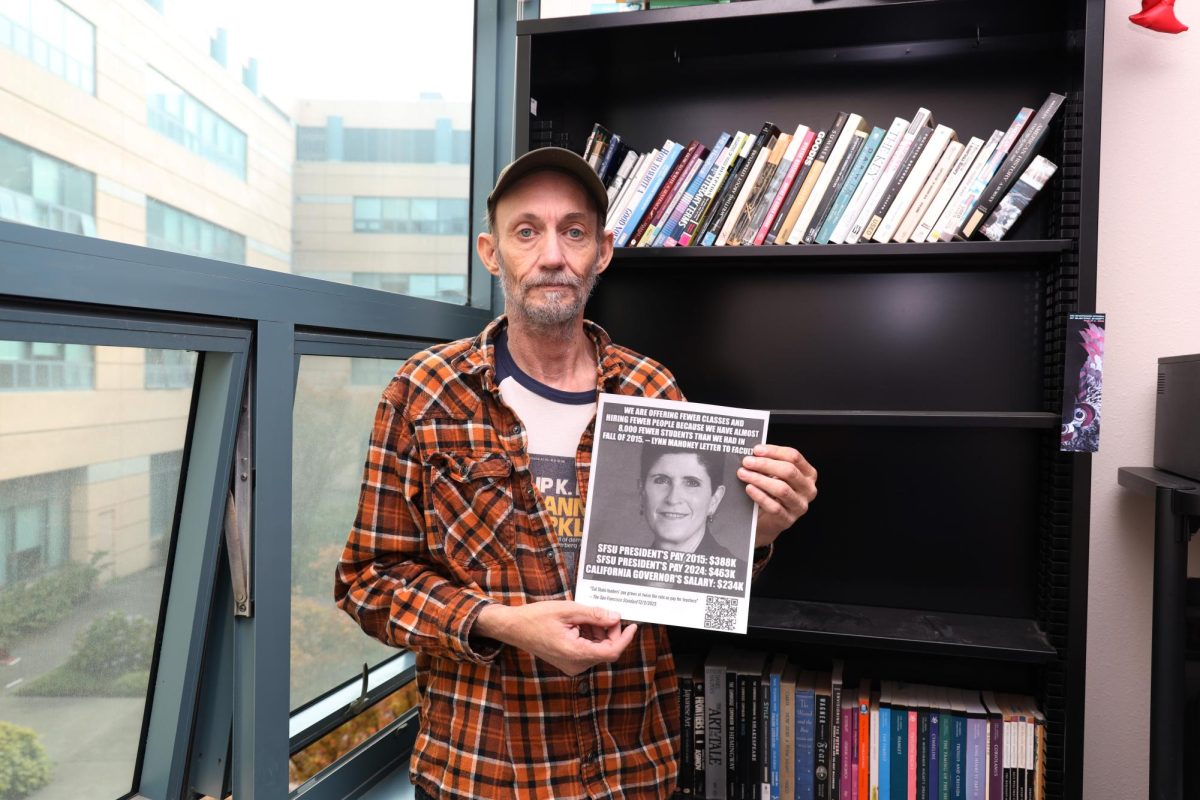Students at San Francisco State University will have a more affordable commute starting this semester, thanks to the expansion of Gator Pass to include unlimited travel on all Bay Area transit systems.
The new Gator Pass expansion is modeled after the Clipper BayPass trial program, where 9,000 SFSU students were given unlimited travel on all Bay Area transit agencies for two years starting in 2022. Now, the benefit is extended to all students at SFSU.
Taylor Mogavero, the climate action coordinator at the Office of Sustainability, worked closely with Associated Students and Parking and Transportation services to find more efficient and sustainable ways for students to get to campus.
“We were working with SFMTA, BART and SamTrans to get those individual contracts, it wasn’t a package deal,” Mogavero said. The established contract with Clipper gives Gator Pass access to all supported transit agencies.
Additionally, the Gator Pass fee has also been reduced from $180 per semester to $130 per semester.
“The Gator Pass program and original fee structure were approved by student referendum in 2016. The recent reduction […] with unlimited transit access, was the result of this continued collaboration,” wrote SFSU Media Relations specialist Kent Bravo in an email to Golden Gate Xpress.
The Student Fee Advisory Committee approved an alternative consultation that recommended the expansion of Gator Pass along with the reduction of the fee. AS sent out a survey last semester, polling students on whether they would approve the update to Gator Pass. Students responded with overwhelming support for the change.
“I know it’s going to be super beneficial for a lot of students around,” said Brandon Foley, President of the Associated Students Board of Directors. A commuter student from San Bruno, Foley is watching over the rollout of the Gator Pass expansion. “Especially BART being free and unlimited because before the 50% off is great. Having that at no additional cost, all included in the fee is going to be super great.”
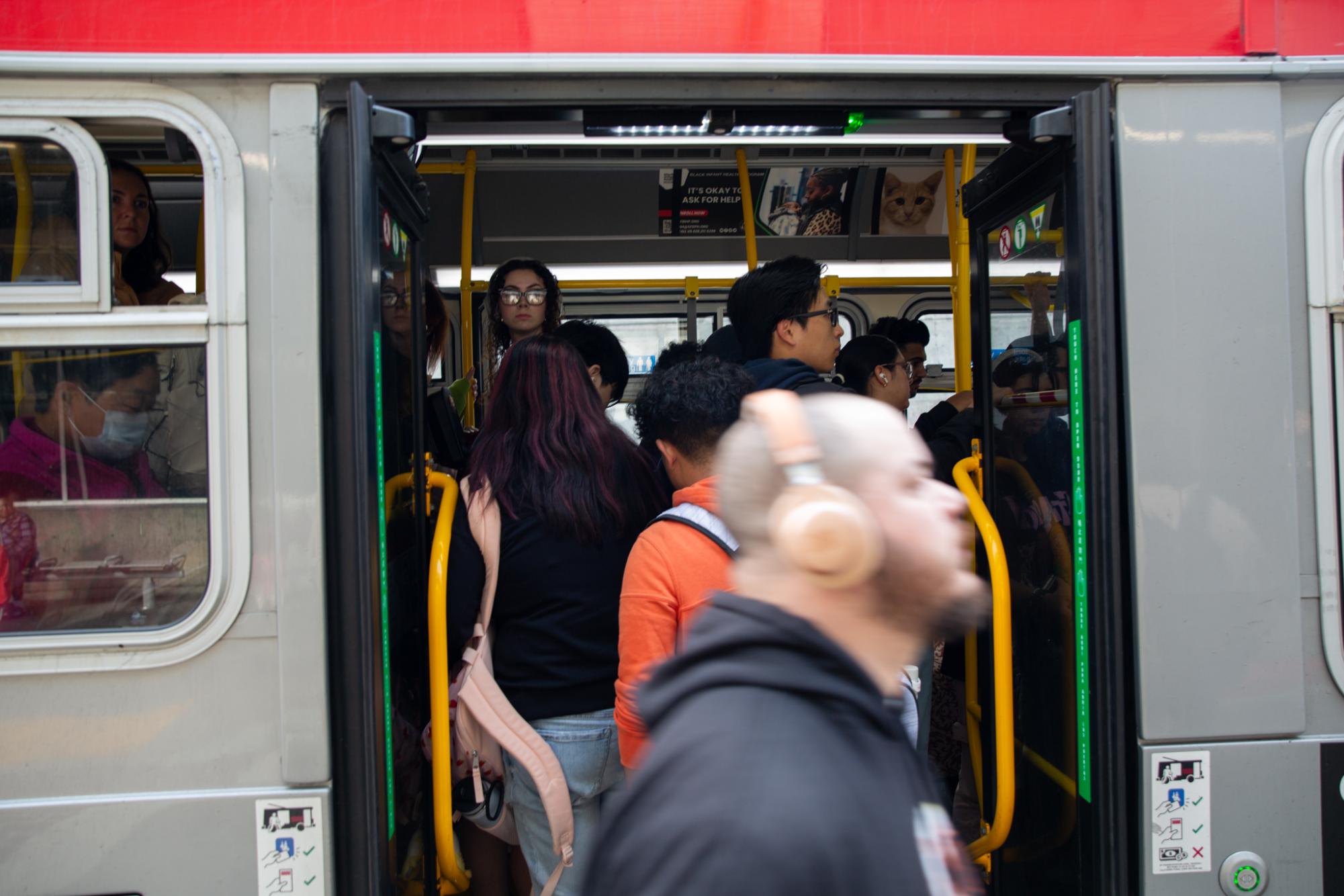
“That’s a grocery run. That’s $50 that can go elsewhere,” said Moises Lara, a sociology major. He commutes by BART every day from Oakland and feels that the new fee cut lifts some of the weight he feels as a first-generation college student.
Deborah Colindres, a kinesiology major, has commuted every day by BART and Muni from Richmond for three semesters now. She shared a similar sentiment about the effectiveness of the new Gator Pass expansion.
“It took too long, it should have been from the beginning because a lot of us come from Antioch, Richmond — not just SF,” said Colindres. “But I’m very happy that now that I can just come and not worry about taking money from my paycheck just to get to school.”
SFSU is still a commuter school, according to Mogavero. While working with Parking and Transportation Services, she found that many students are still commuting to campus by car, which is causing traffic congestion and a low supply of available parking spots.
The Office of Sustainability and Parking and Transportation is continuing to look for ways to make commutes to campus more sustainable and affordable, such as proposing discounted bike and scooter rentals or ridesharing programs.
“I’m looking forward to seeing how easier my commute gets. I won’t need to worry about money,” said Isabel Parrado, a business major. She commutes daily from Vallejo by taking the San Francisco Bay Ferry and Muni, a journey that costs her $25 a day. “I used to actively avoid taking BART because it’s more expensive. But now that it’s not an issue, I do feel like traveling around the city will be easier.”
The introduction of unlimited Gator Pass coincides with the recently canceled shuttle between SFSU and the Daly City BART station. Declining shuttle ridership after the COVID-19 pandemic and increased costs led Parking and Transportation Services to reevaluate where else it could put funding toward. The average shuttle ridership per day was about 1,000 riders, compared to 8,000 to 10,000 riders pre-pandemic, according to Bravo.
Students are now more dependent on Muni to reach campus.
According to observational data collected by Golden Gate Xpress at Daly City station on August 28 and 29 between the times of 8:30 to 9:30 a.m., a Muni 28-19th Ave or 28R bus departed the terminal every 6.25 minutes on average. Some buses had headways of nearly 10 minutes and occasionally a pair of 28 and 28R buses would depart together.
Morning crowds at the Daly City station bus terminal were packed. When a fully-occupied bus left, there were still 70 commuters on average standing, waiting for the next bus, according to an observation by head counting.
The 28 and 28R routes operate buses that can accommodate roughly 63 passengers at full capacity, but a crush load during peak commuting hours can reach 125% of bus capacity, according to a fleet management plan published by the SFMTA.
Riders who board the 28 and 28R buses at Daly City, and who are likely to hop off at the 19th & Holloway stop in front of SFSU, pack into a bus like sardines, crushing each other with backpacks until the doors can close.
“It’s like this every day. It was a struggle before the shuttles were canceled and it’s worse now to get on the bus,” said Doris Fendt, a counselor at SFSU who has been commuting through Daly City station since 2006. “I’m concerned if students can get to class.” She had to let two completely-full buses pass by before finally stepping onto one that had space available.
Students are not limited to passing through Daly City station anymore to receive the 50% transit discount on their Gator Pass as they did in semesters before. Students had the option to take the Muni Metro M-Ocean View line to campus, but a temporary closure of the line due to maintenance in the Twin Peaks tunnel, which was completed Thursday night, forced commuters to ride BART to Daly City.
“Now that you have this updated Gator Pass, you can go to any BART station. You don’t have to go to Daly City. You can go to Balboa Park and take a bus from there,” said Mogavero. Students now have options to choose from, such as transferring to the M train from Balboa Park station and not getting charged fare by using their Gator Pass. “So if it makes more sense for where you are or where you live, you can go to any station and take a bus to campus.”






